Advancing Superconducting Qubit Research: A Fast Turnaround Characterization Approach
Time:12:10, Monday, December 02, 2024
Speaker:Prof. Chung-Ting Ke
Institute of Physics, Academia Sinica
Title: Advancing Superconducting Qubit Research: A Fast Turnaround Characterization Approach
Place : R36173, 1F, Dept. of Physics, Building of Science College, NCKU
Abstract:
Superconducting qubits are promising platforms for realizing a near-term quantum computer owing to their scalability and fabrication compatibility with the current semiconductor industry. However, highly sensitive qubits may sense defects or fabrication imperfections. As a result, qubits may lose their energy to unwanted two-level systems (TLS) causing the qubit decoherence. Despite the relatively simple fabrication steps for superconducting qubits (compared to CMOS processes), the coherence time remains in a range of tenth to hundreds of microseconds, and more importantly, the uniformity of the qubits' coherence remains low on the multiple qubits chip. To improve all, carefully examining and testing every fabrication step is necessary to accomplish a scale-up superconducting quantum processor. Currently, the characterization of a qubit chip usually takes a week or more posing a main bottleneck to iterating different fabrication variables for qubit chips. Therefore, seeking a faster way to characterize qubit chips may allow us to verify fabrication details potentially degrading the qubit quality. Here, we develop a qubit characterization platform, in collaboration with QuantrolOX and Bluefors, allowing us to cool down and measure a superconducting qubit chip within 12 hours. Hence, the qubit chip characterization is done in a day allowing us to iterate many fabrication possibilities. In addition, we show that a low thermal population can be achieved with a qubit temperature of 32 mK by effectively reducing the IR radiation in the system. The result indicates a good qubit thermalization that provides an accurate qubit parameter within a short time. Lastly, we demonstrate that the system can measure a qubit with a high coherence time of up to 100 microseconds providing evidence that our system is a promising test bed for future high-quality QPU chip development.


